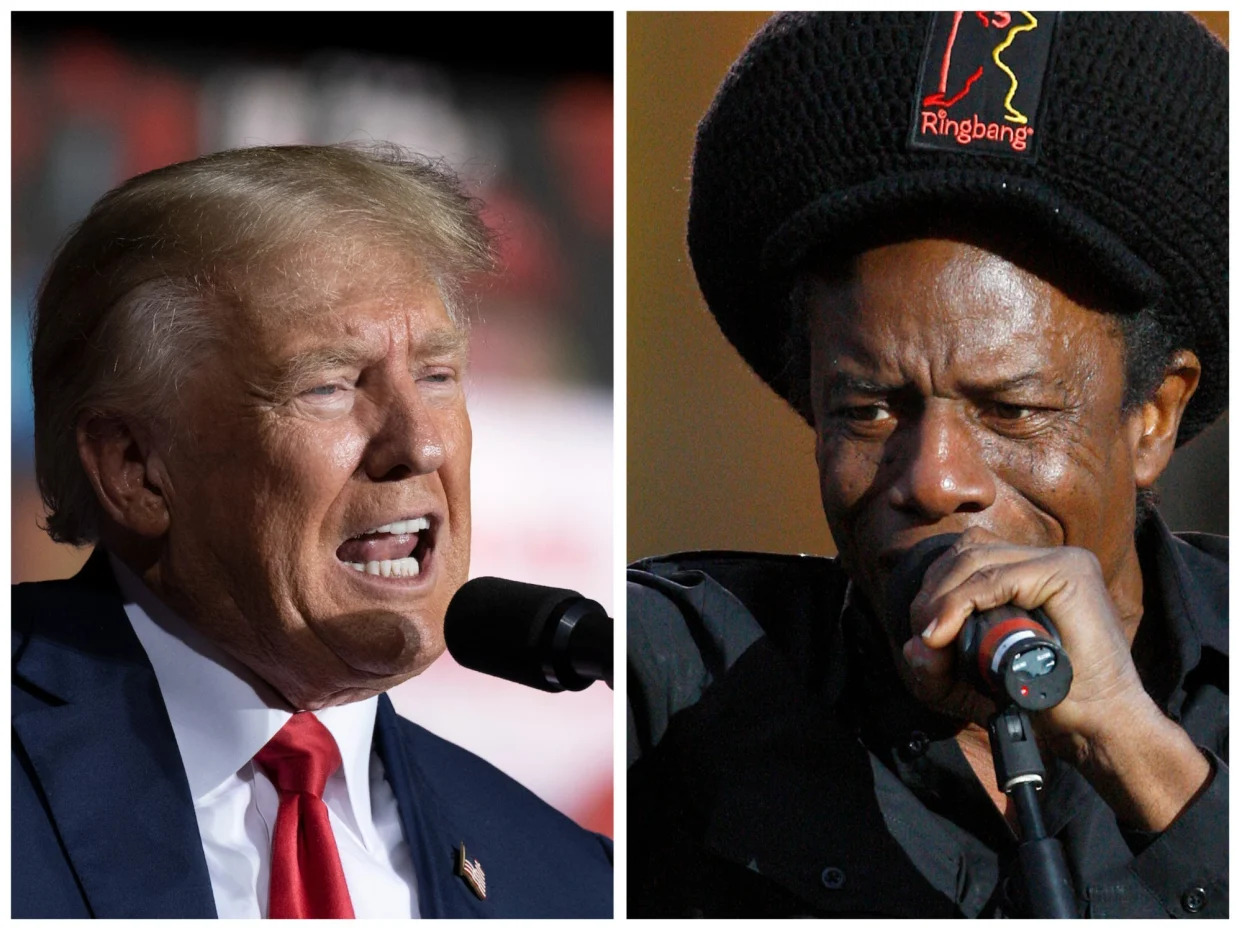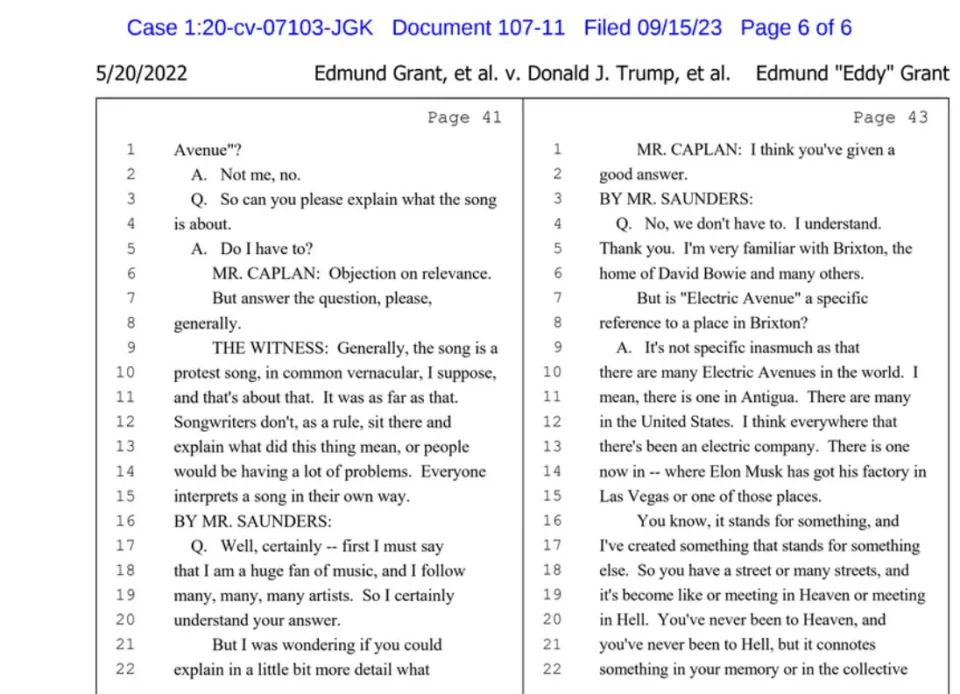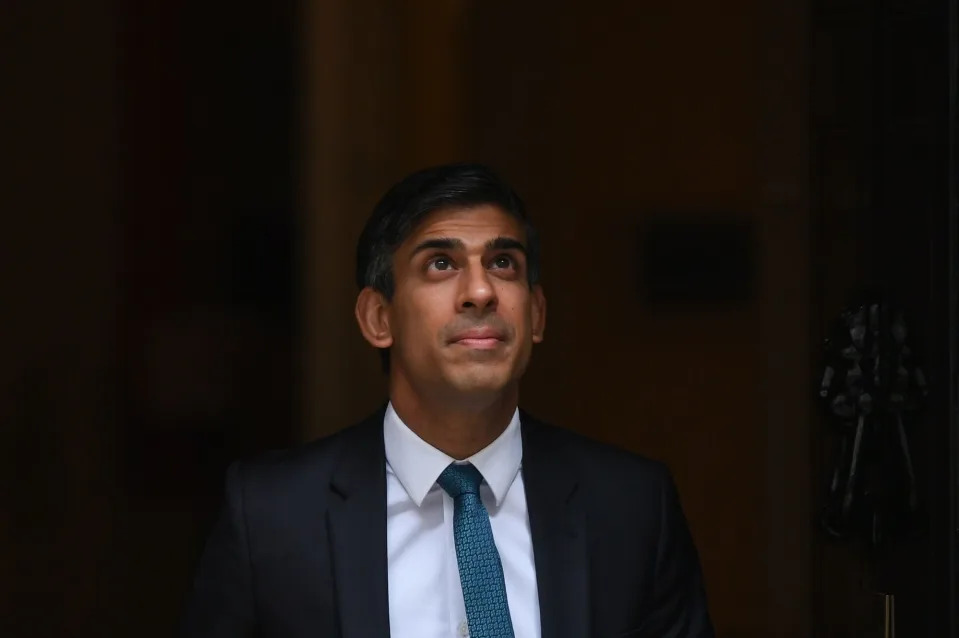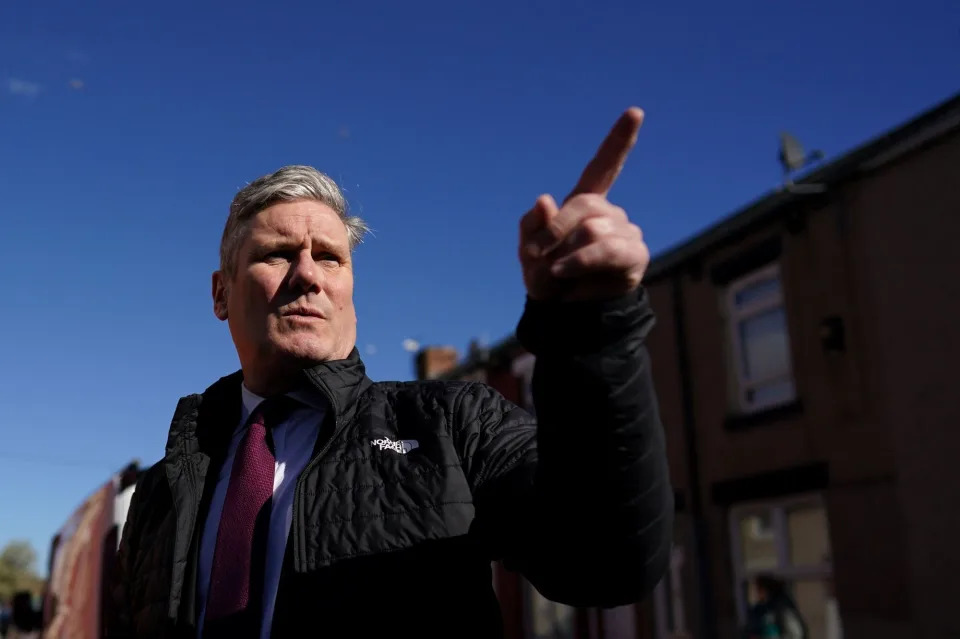Sex, lies and magical thinking about CEO behaviour
The departure of Bernard Looney is another example of how boards are stepping up their scrutiny
BROOKE MASTERS
FT
Bernard Looney quit as BP chief executive this week after admitting he had failed to fully disclose his past relationships with work colleagues © Jason Alden/Bloomberg
Let’s make this clear up front. I don’t know any personal secrets about Bernard Looney and in an ideal world none of us would want to.
The BP chief executive quit this week after admitting he had failed to fully disclose his past relationships with work colleagues. His resignation came after the oil company received its second anonymous complaint about Looney in the past two years.
His departure comes at time when turnover at the top of big global companies is running well above 10 per cent for the second year in a row. In the UK, 18 FTSE 100 companies are getting a new CEO this year. This is already the second-highest total since 2000 — and there are still three months to go.
Much of the change is planned, but personal conduct has played a larger role in forced departures since the #MeToo protests against workplace harassment took off in the late 2010s. The initial wave of firings sparked by that movement stemmed from serial rape or harassment allegations against Harvey Weinstein, Roger Ailes and others, but it also swept out leaders who engaged in allegedly consensual relationships such as Intel’s Brian Krzanich.
The rethink in how companies approach workplace behaviour had other prompts too. The pandemic played a part while growing numbers of younger employees now argue for greater alignment of personal and professional beliefs.
Many employers now have much stricter rules on everything from sexual relationships to teasing and bullying, often extending to incidents outside the workplace. That shift recognises the fact that poorly handled workplace relationships, whether sexual or not, can create a culture of favouritism that silences people and saps productivity.
This goes all the way to the top. Last year, fully half of the forced CEO departures among the 3,000 largest US companies were due to personal misconduct, up from 14 per cent in 2017, according to the Conference Board.
The shift has caused some qualms. “How much should your employer be able to dive in and control your personal life?” asks Alison Taylor, a New York University professor who studies business ethics. “We’ve all tolerated [bad behaviour] for years but the correction opens up a lot of questions.”
Two senior executives in different industries volunteered to me this week that they thought the ousting of Looney was due to a new wave of Anglo-American puritanism that we will one day regret. A talented CEO who was positioning BP to lead the energy transition should not have been felled by an active personal life, they said.
That misses the point. Looney lost his job not because of sex but because of lies. The probe that prompted his departure marked at least the third time that the company had talked to him about personal relationships at work. Investors told the FT that the subject came up when he was appointed in 2019.
The first probe was opened after a complaint came in last year. The board concluded that the CEO, who had spent his entire career at the oil group and was single for almost all of that time, had not violated company policy. Without knowing the details, it is hard to judge whether that was the right call. But BP’s board did a wise thing: it asked Looney for written formal assurances that there were no further relationships or other matters that he needed to disclose.
When another complaint came in with new details, Looney was sunk. The board had already made clear that the issue was about trust and there could be no next time. “He accepts that he was not fully transparent in his previous disclosures,” the company said in its statement announcing his departure.
It is hard to understand why anyone would sign a statement promising all had been revealed when it could so quickly be called into question. But Looney is not the first CEO to try the route of limited disclosure. In 2019, McDonald’s chief executive Steve Easterbrook walked away with a severance package worth up to $40mn after he admitted to “one recent consensual relationship” and appealed for privacy.
A year later, the fast-food chain sued its former chief claiming that there had been three more sexual relationships and that he had lied to the board, deleted explicit images from his work phone and approved share grants for one of the people involved. He agreed to return more than $105mn in cash and stock and paid a regulatory penalty for lying to investors.
Perhaps the nature of a chief executive’s job makes some occupants vulnerable to magical thinking, both about what they are entitled to do and what they can get away with. Deeply driven and surrounded by those who defer to their judgment, it is easy to start to believe that ordinary rules do not apply.
“Good decision making is a social activity, yet the system deifies CEOs and is designed to suppress dissent,” says Roger Steare, a corporate philosopher. He argues that boards need to spend more time looking at the moral character of the people they promote and testing how potential CEOs react to personal pressure.
Boards and executives more used to focusing on numbers and strategy may find such a shift uncomfortable. But talking about character before hiring is better than talking about sex afterwards.









